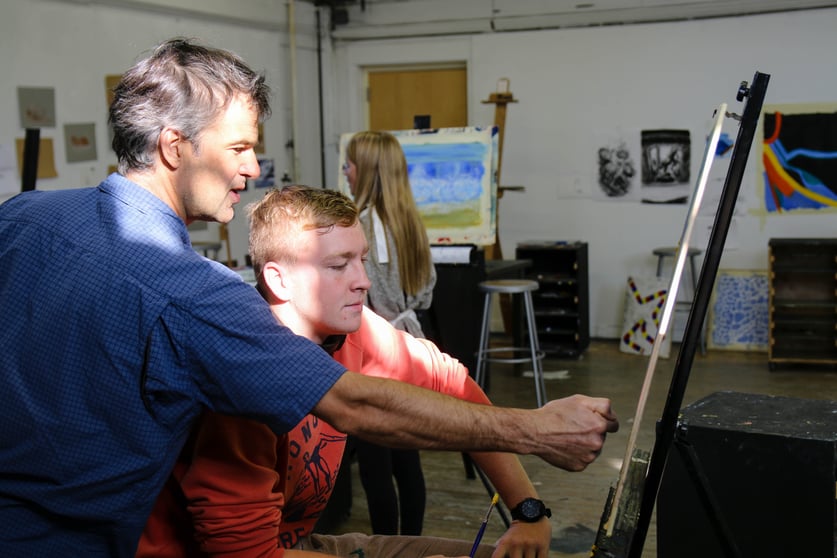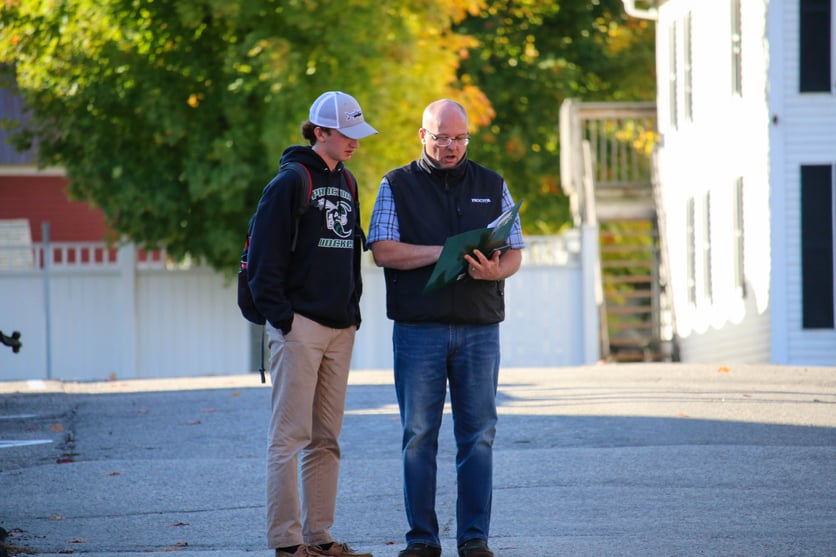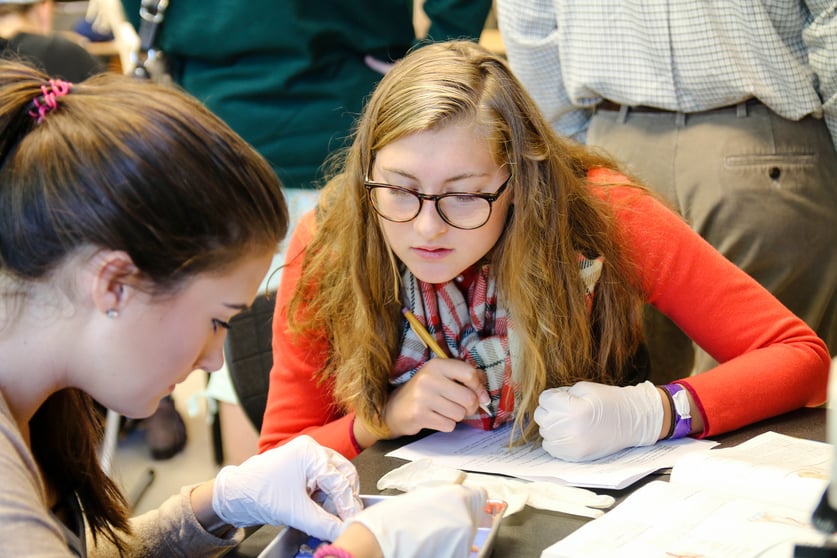Proctor identifies itself as a prep school. It’s a term high schools around the world use to refer to their focus on preparing students for college or university. While college is absolutely on the immediate horizon for all of our students, we want to expand the realm of ‘preparation’ to more than just college. Proctor Academy prepares students for life.

Limiting the scope of our work at Proctor to college preparation is not only shortsighted for us as an institution, but is a disservice to our students. Many prep schools highlight the number of Advanced Placement Courses they offer, or their IB Curriculum, both of which provide benchmarked academic rigor, as evidence of their ability to prepare students for college. While Proctor offers more than a dozen AP courses across five academic departments for those students interested in them, we seek to broaden our ‘preparatory’ curriculum to extend well beyond college acceptance rates and matriculation lists.

Instead, Proctor’s mission and Profile of a Proctor Graduate allow us to identify the traits we believe our students need to develop in order to find the greatest success in life beyond Proctor. It is on this foundation we design Proctor’s educational model that incorporates off-campus study abroad programs, an integrated academic support program, and a hands-on experiential approach to learning in all of our 135 academic courses. It is on this same foundation we cultivate faculty/student relationships that allow each of our students to become creative, resilient, and knowledgeable problem solvers who take responsibility for their own learning.

Dean of Faculty Karl Methven shared THIS article on the future economy for which we are preparing students. Among the arguments made in the article, author George Zarkadakis, notes, “By changing the rules of the economic game, the whole ‘economy’ could transform – not in the deterministic, business-as-usual way that neoclassical economics predicts, but in the creative, chaotic and dynamic way of complex systems.” In short, the economy for which we are preparing our students is a living, breathing, ever-changing organism, not the predefined machine around which traditional educational options are designed.

While Zarkadakis’ vision of our economic future may be far fetched in some ways, we are in many ways living in the complexity of the fluid economy he describes. This fluidity places even more of an emphasis on our ability as a ‘preparatory’ school to provide our students with the underlying skills and values that will prepare them for jobs and careers not yet designed. Our beliefs about how to best prepare young people for life (not just college) were reaffirmed during Fall Family Weekend when parents shared the following thoughts about their children’s Proctor experience thus far:








